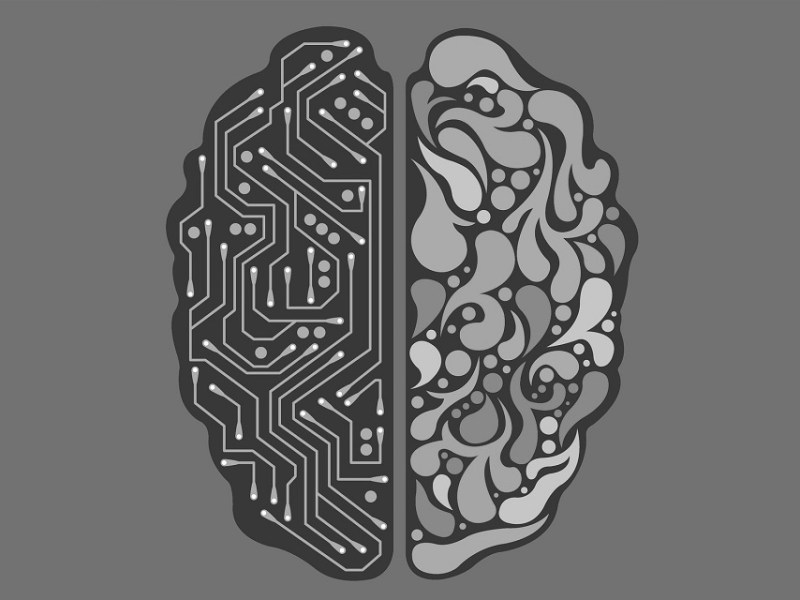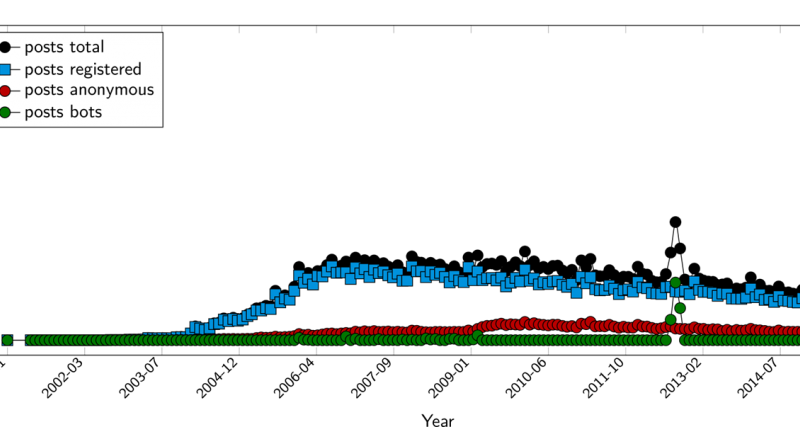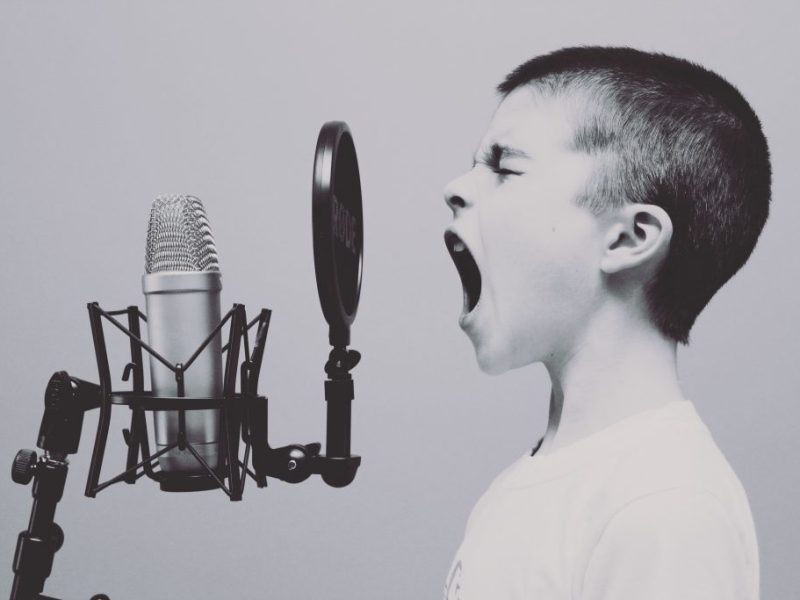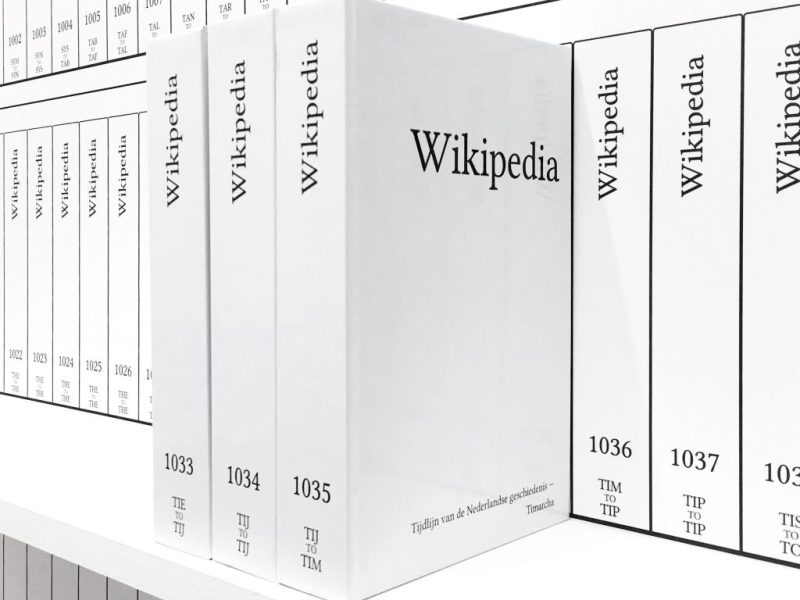
How many Wikipedia references are available to read? We measured the proportion of open access sources across languages and topics.
Let’s say you’re planning a trip to a subtropical region and you want to learn about available vaccines for yellow fever. You look up the English Wikipedia article. You’re lucky to find a well-sourced section, with a wealth of references, many of them pointing to information from public health agencies and reputable news articles. Great!….

Understanding workflows of Wikimedia editors
Wikipedia exists because of a vast army of people who work alone and in concert. The amazing work of these volunteer editors in making Wikipedia is a complex world of interactions, processes, and activities. They range across the whole work of donating content, including editing, fixing things, adding media, and many other ways. Collectively, these….

Wikimedia joins Partnership on AI to promote more equitable use of intelligent systems
The Wikimedia Foundation has joined the Partnership on AI, an organization that brings together academics, researchers, civil society organizations, companies building and utilizing AI technology, and other groups working to better understand AI’s impacts. The Partnership on AI brings together both commercial and nonprofit organizations to study and formulate best practices on AI technologies. Their….

Wikimedia Research Newsletter, June 2018
Contents “On the Self-similarity of Wikipedia Talks: a Combined Discourse-analytical and Quantitative Approach” “How Sudden Censorship Can Increase Access to Information” Conferences and events WMF research showcase “Conversations Gone Awry: Detecting Early Signs of Conversational Failure” Case studies in the appropriation of ORES Other recent publications References “On the Self-similarity of Wikipedia Talks: a Combined….
Wikimedia Research Newsletter, May 2018
Why people don’t contribute to Wikipedia; using Wikipedia to teach statistics, technical writing, and controversial issues
With contributions by: Miriam Redi, Barbara Page, FULBERT, and Piotr Konieczny

‘Conversations gone awry’—the researchers figuring out when online conversations get out of hand
Did you know that humans make the right guess about 72% of the time, and that indicates that they have an intuition for this task, while also highlighting that the task is far from trivial?

The Initiative for Open Citations celebrates its first birthday
In celebration, and to mark the progress made, we've designated this month as Open Citations Month.

Why the world reads Wikipedia: What we learned about reader motivation from a recent research study
Wikimedia’s mission is to provide educational content and to effectively disseminate it. Doing so requires understanding the needs and motivations of the people who read Wikipedia. In this blog post, we discuss what we learned about Wikipedia reader motivations and needs across 14 languages from a recent research study.
Wikimedia Research Newsletter, February 2018
Politically diverse editors write better articles; Reddit and Stack Overflow benefit from Wikipedia but don’t give back
With contributions by: Barbara Page, FULBERT, Steve Jankowski and Tilman Bayer
